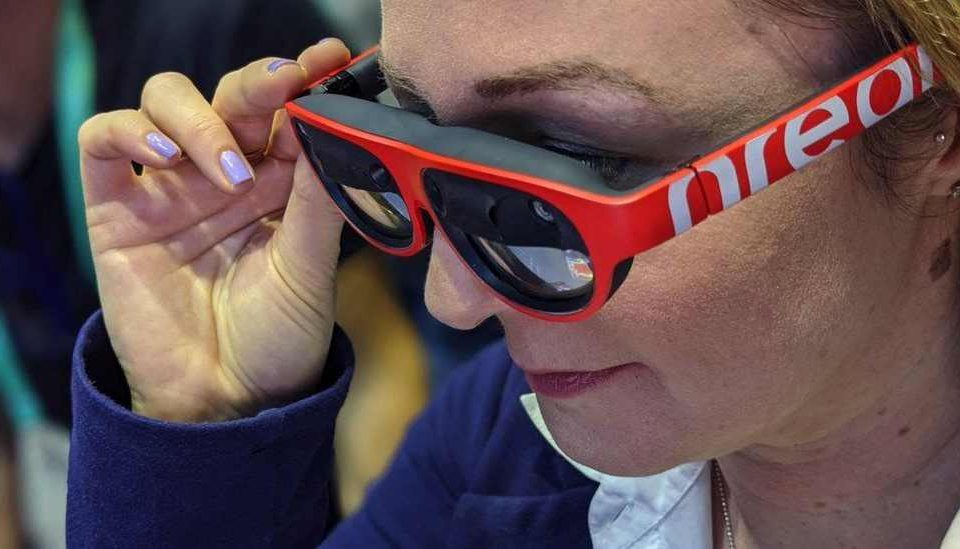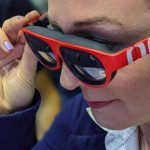Nreal raises $100 million for lightweight mixed augmented reality glasses; now valued at $700 million

Nreal, a Chinese augmented reality (AR) glasses maker and developer of ready-to-wear mixed reality glasses, has raised $100 million to fund international expansion and develop new products. The fresh funding round reportedly values the 4-year old startup at $700 million.
Nreal’s backers include a number of major investors including Nio Capital, the investment arm of electric carmaker Nio as well as venture company Sequoia Capital China. Nreal said it also plans to spend the money on research and development as well as expanding its footprint globally, Nreal CEO Chi Xu told CNBC.
Meanwhile, Nreal is currently not selling its AR glasses in China yet, but its flagship product, the Nreal Light, has been selling in a handful of markets including Japan, Spain, and South Korea. “China is definitely a huge market, and (we plan) to enter that market next year, and also the U.S .and maybe more countries as well,” Xu said.
Nreal light is a pair of hi-tech glasses and the first lightweight and comfortable mixed reality glasses sporting a vivid display combined with spatial computing algorithms for an immersive experience. Nreal Light superimposes computer graphics over real-world views through a connection to a smartphone.
In CES CES 2020, Nreal confounded the expectations of many industry watchers after flagship product Nreal Light emerged as one of the most lauded products of the CES tech expo.
Founded in 2017 by Chi Xu and Bing Xiao, Nreal aims to make mixed reality available and accessible to everyone. The startup said it strives to realize the full potential of mixed reality by empowering developers to create applications that can ultimately propel a new era of entertainment, productivity, and more.
Augmented reality (AR) refers to a technology that superimposes a computer-generated image on a user’s view of the real world, thus providing a composite view. Together with its sister technology, virtual reality (VR), the two technologies serve as the basis for the new metaverse.
“Having AR and EV (electric vehicles) together, that can be very interesting going forward … there’s something I can be sure (of) is there is going to be more and more EVs on the streets. People will spend more time in their cars, so a combination of AR and the car, that will unleash a lot of other possibilities.”




